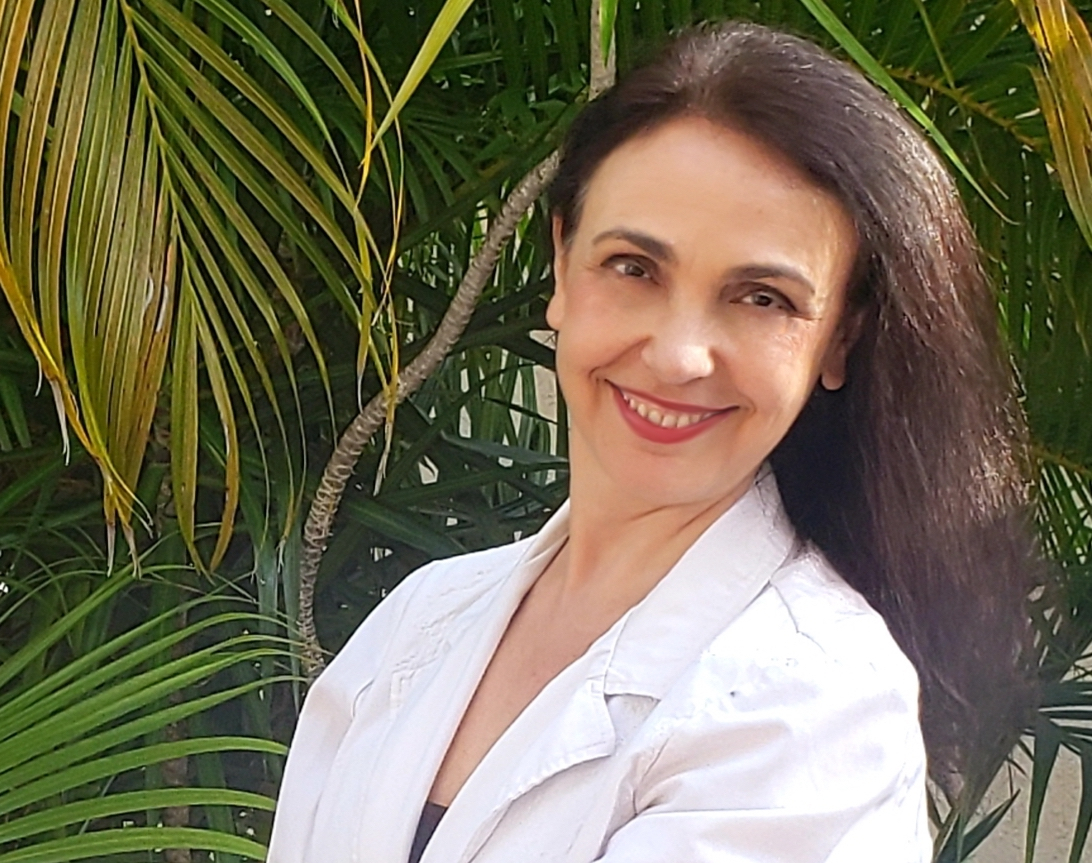
Dr. Maya Sarkisyan, D.O.M
10 October 2017
Wouldn’t it be wonderful to be more joyful about your small and big achievements, and left judgmental of yourself and others?
Even if you already are, how much more joy can you take?
If you are like me, the chances are you don’t celebrate your successes. Big and small. I mean (maybe) saying to yourself “good job” and moving to the next thing almost immediately. And still feeling dissatisfaction from the job not “really well” done, or thoughts “I could do it better,” or the feeling that there are better things out there to be done, etc.
 The internal mental chatter doesn’t stop for most of us. I’m happy for you if you don’t have it – then copy the link to this article and send it to somebody who sill is going through it. They will thank you for that.
The internal mental chatter doesn’t stop for most of us. I’m happy for you if you don’t have it – then copy the link to this article and send it to somebody who sill is going through it. They will thank you for that.
What I just described is a sign of “perfectionist gone unrealistic”. There is nothing wrong with striving to do a perfect job, that’s how we succeed in life and rise above our competitors. We want to do things better than others. Evidently, it stresses us out, and it’s ok – the short-term stress is a sign of an evolution, and it’s healthy. Problems happen when the suffering from the lack of complete perfection never stops. In fact, it gets worse with time, because every achievement in life “could be better,” so dissatisfaction accumulates.
It is such a crazy pattern if you think about it rationally. But our mind is far from rational. In fact, most of the time we are driven by our instincts, associations, habits, and emotions. Cognitive abilities are only one part of your brain; the rest is similar to animals. The cognitive mind is what differentiates us from animals, and the survival instinct can drive even cognitive behavioral patterns.
The problem with chronic emotional stress is that it is one of the main components leading to chronic adrenal fatigue – a debilitating physical condition that rarely resolves completely. The best preventative thing to do is recognize patterns leading you to experience chronic stress and resolve all the components of that pattern. When you start disassembling any pattern it has a good chance to dismantle. The next best thing is to know what you want to substitute it with.
So what do you define as an achievement?
I looked up the dictionary just now, and this is what I found:
achievement – 1. a thing done successfully, typically by effort, courage, or skill: to reach this stage is a great achievement. 2. the process or fact of achieving something: the achievement of professional recognition | assessing ability in terms of academic achievement | a sense of achievement.
So, to achieve something you have to apply an “effort, courage, or skill” and recognize that you have a “thing done successfully.”
How would you know all of that? Does it come as an external feedback or an internal feeling? For different people it is a different experience, however, in both cases, it also has to do with how we interpret either.
The sense of satisfaction and achievement is a matter of belief system related to pride, survival, and leadership. Any constricting beliefs related to it will impact the way we feel satisfied. We start building this particular complex belief system early in life – as our family and society interpreted our first actions in their world. Please note: “in their world.” Based on their values, beliefs, and lifestyle choices. You had to comply.
Well, many years passed, and now it’s all up to you how you want to experience your life, and you have been doing well for yourself (for example you have a computer and internet to read this article).
Wouldn’t it be wonderful to be more joyful about your small and big achievements, and left judgmental of yourself and others?
Even if you already are, how much more joy can you take?
Practical Steps to Feeling an Achievement:
- Know where you are going so when you get there you will be able to recognize it.
It’s like if you are traveling to mt. Everest but have no way of knowing you got there because there are no big signs identifying the place (actually for mt. Everest there are signs, but for smaller mountains there are none).
How will you know you got there? What is the physical evidence you did it? What is different in your life – physical and emotional compared to before?
2. When you have any evidence of an accomplishment, notice the internal talk.
Recognize whose words are these words. Whose voice is that voice? Where is the talk coming from? The chances are – it’s the same talk all over again you remember for many years. Perhaps it’s even not your talk. In my case, it always was my mother’s or my father’s phrases, depending on the situation. Recognize it and change it to the following: If it was an achievement of somebody you love the most in the world what would you say to them? Say it to yourself out loud and replace the old talk with the new affirmative sentences. It’s your mind to claim it back to yourself – nobody has a right to occupy your mental space, even your parents.
3. Recognize milestones you met on the way to the bigger goal.
Think big and act step by step. With every milestone, you are closer to the top. Feel yourself a little better with each of them accomplished, take time to recognize the internal feeling of completion, and take a deep breath. We, achievers, don’t breathe deeply and we need to start doing it if we want to live better lives and achieve more.
4. Write down things you learned on the way.
Not necessarily skills but everything about yourself. Skills are important, but personal discovery is the key to everything else. Did you learn patience, recognized some emotional triggers, met with a challenge in communications, made the same mistake as last time? It’s all valuable, don’t take it for granted and learn from it – it’s an accomplishment on its own.
5. Take a deep breath after you complete a long project.
Make some time to do nothing, look into your notes of all you accomplished, all you learned, the way you grew. Imagine, how it can help you and your loved ones in the future.
And, if you are enjoying striving for perfection, keep the good work setting your goals high and dreaming big. Know your physical and emotional boundaries and limitations, and every day make choices moving you closer to your destination. Good luck!
If this information picked your curiosity, let me know by emailing me [email protected] and ask for more interesting and relevant information.
Stay tuned and discover “The True Story About Your Health”.











